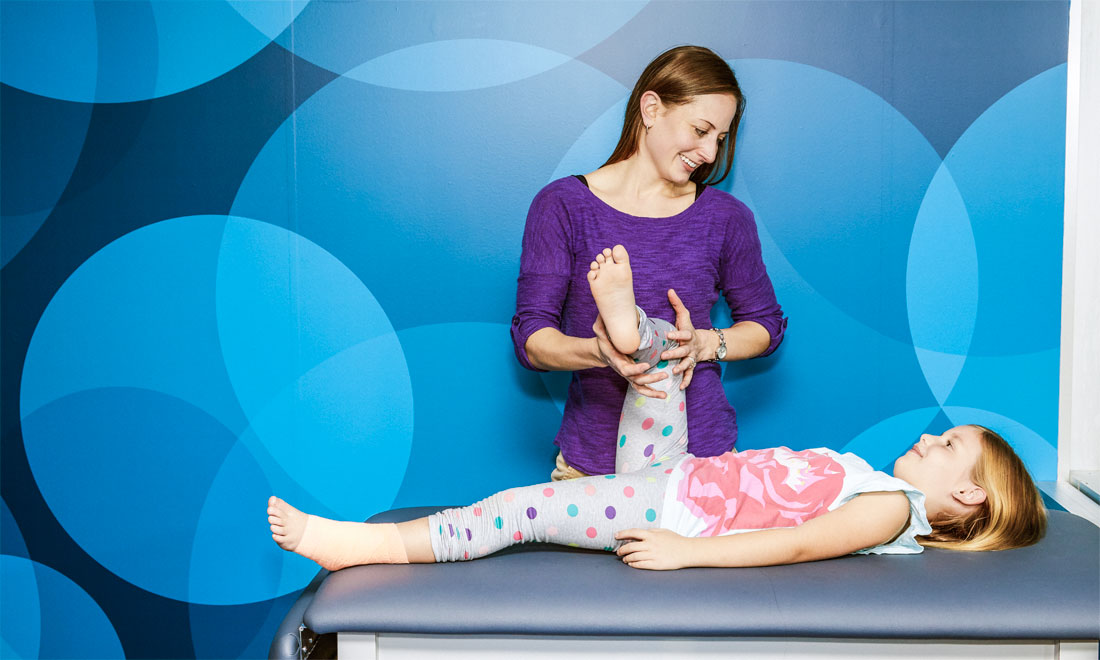Leveraging Mental Toughness to Enhance Performance in Athletic Recovery
Wiki Article
Cognitive fortitude is an crucial quality that can measurably improve performance in athletic treatment. Athletes often face conditions that require time away from their sport, which can be both bodily and psychologically challenging. Mental resilience refers to the ability to remain robust and resilient in the face of obstacles. It helps performers manage the stress of rehabilitation, stay concentrated on their milestones, and maintain drive throughout the healing process. By developing mental resilience, individuals can enhance their recovery experience and return to their discipline better prepared than before.

One key aspect of building emotional toughness is setting realistic targets. When individuals are hurt, it is crucial for them to have clear, realistic benchmarks during their rehabilitation. These plans should be specific, quantifiable, realistic, relevant, and deadline-driven (actionable) principles. For example, instead of saying “I plan to recover soonâ€, an patient might set a goal like “I will complete my physical therapy exercises three times a week for the next monthâ€. This helps recovering individuals track their progress and keep their attention on what they can influence, reducing feelings of discouragement or despair.
Another crucial factor in enhancing inner strength is maintaining a uplifting mindset. Recovering individuals should practice affirmative thinking and guided imagery to foster a resilient mental environment. Affirming self-statements involves replacing limiting thoughts with empowering statements. For instance, instead of thinking “I will never recoverâ€, an individual could tell themselves “I’m getting stronger with every stepâ€. Imagery can also be beneficial; patients can imagine themselves performing well in link their activity as they heal. These practices help build self-belief and reinforce the belief that return to performance is possible.
Networks of support play a vital role in fostering psychological strength during recovery. Athletes should surround themselves with encouraging companions, relatives, mentors, and rehab specialists who understand the difficulties of healing. Transparent dialogue with these trusted individuals allows patients to express read the full info here their emotions, fears, and frustrations. Additionally, sharing experiences with other recovering peers can provide a sense of community and empathy that makes the path easier. Knowing others have faced related challenges can inspire hope and motivate individuals to keep going.
Lastly, mindfulness practices can measurably improve an athlete’s psychological well-being during recovery. Present-moment focus involves being aware of one’s internal dialogue and feelings without criticism. Practices such as guided mindfulness, controlled breathing, or restorative stretching can help athletes manage anxiety and stress related to their healing process. By incorporating these techniques into their everyday schedules, patients learn to stay focused and focused on their progress, rather than dwelling on what they have lost during their time off from competition. This strategy promotes mental clarity and encourages a more positive attitude towards recovery.